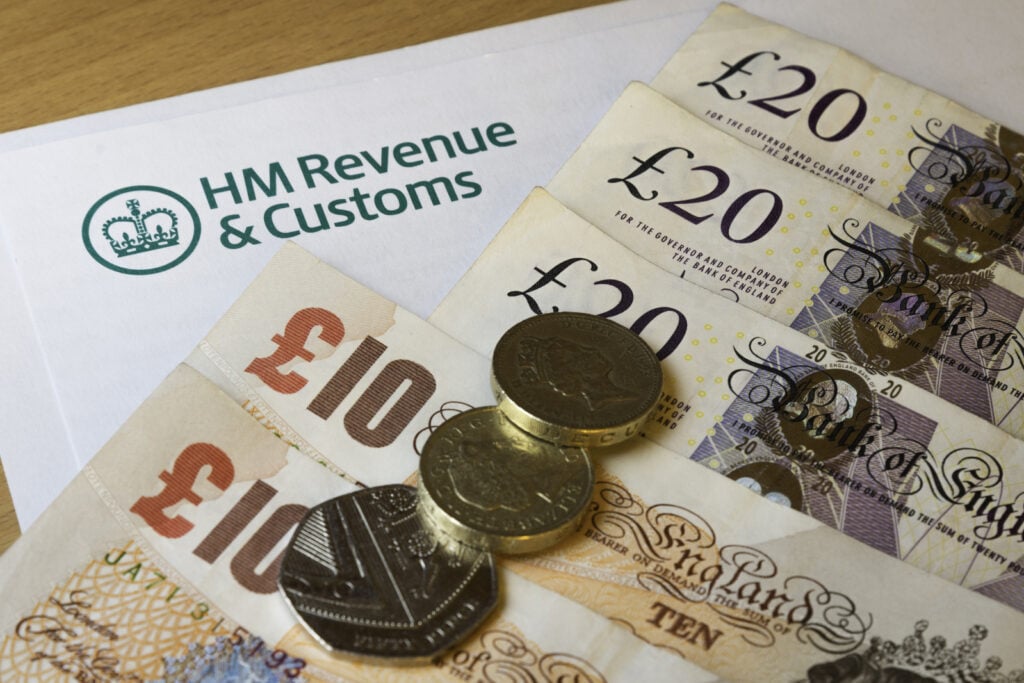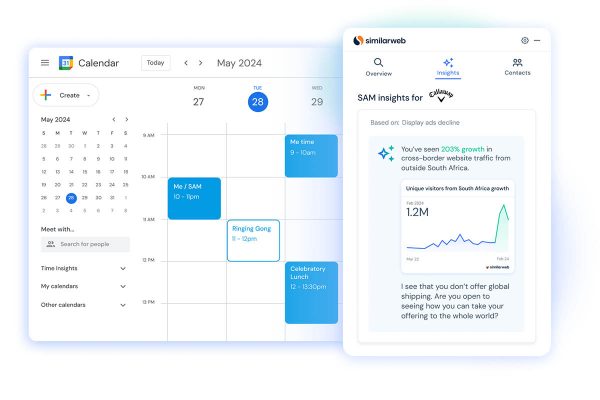Every time Amazon (or many other companies) submit their tax returns there is an outcry across the nation (mainly led by MPs) calling on consumers to boycott the company in question and demanding that the business pay their fair share of revenues to the exchequer.
Let’s be pragmatic for a moment and accept that many large corporations have (legally) arranged their affairs to pay as little tax as possible, often through complex multinational entities domiciled across the EU and around the world. That’s a loophole that governments are perfectly capable of closing and indeed public pressure has caused many such businesses to adjust how they report revenues to start paying taxes in the countries that they operate in.
This still leaves the question of whether they pay sufficient tax. We see Amazon with a massive turnover and pay a fraction of a percentage point it tax, but is it fair?
Corporation Tax
Corporation tax is based on a companies profits, not their turnover. It doesn’t matter how much a business turns over – if they’re making little or no profit then they’ll pay little or no tax.
Governments actively encourage businesses to invest with tax breaks for those that invest. Capital expenditure is what makes the economy tick and so if a business like Amazon is expanding exponentially then there should be not surprise that their taxes are low.
This is no different to many online sellers who invest in their businesses. If you move to a bigger warehouse your costs go up and your profits go down. Employ more staff for expansion and costs rise again and profits go down. Invest in automated packing lines or even just a new printer and you knock the cost off your profits before you pay tax.
It’s worth remembering that your profit is based on your income less your expenses and it’s the profit that you’ll pay tax on.
Business Rates
Retailers across the country are complaining that Amazon pays low business rates. They do, that’s because they site their warehouses in areas of the country where rates are relatively low. Don’t be fooled however, you can bet that the rates for their new London offices are sky high!
Business rates are interesting because at the end of the day it doesn’t really matter how high or low they are if you rent your warehouse or shop. That’s because rates are paid by the Landlord, not by the lease holder (yes sometimes you’ll be the one paying the rates and rent… but bear with me).
As a country we decided to tax land as it’s the one asset that no one can hide. The land exists, someone owns it and therefore it can be taxed. More desirable tracts of land such as in London and other cities and on high streets up and down the country are taxed higher than remote rural locations that no one cares about.
In general rates are not based on how nice your property is, as a landlord if you improve your property with a new lick of paint, new windows and fantastic interior decoration the tax man doesn’t really care. What the tax man cares about is if the area that you property is based in is highly desirable and if it is then they’ll tax you more.
Landlords face a knotty issue which is how much can they charge for a property. There’s a finite amount anyone is willing to pay to rent a building in a particular area and the potential tenant will take into account Rent and Rates. If rates go up then the rent must go down and conversely it’s been seen in the past that when rates are lowered rents rise. This has been seen in the past in development zones with low or zero rates and landlord simply hiked their rents.
So effectively rates are charged to the landlord or at least if rates are higher then landlords lose out on the amount of rent they can charge. Of course a business rate change in the middle of a tenancy can cause issues, but longer term as tenancies expire higher rates will lead to lower rents.
Amazon site their warehouse not in cities or high streets, but in less popular out of the way places and that’s why their rates are low. It’s slightly unfair for retailers to complain Amazon’s rates are low when they deliberately cited their businesses in high rate areas because they want passing foot fall. It might seem unfair, but that’s the way business rates have always worked and Amazon simply chose a business model that didn’t dictate they need a high street presence.
Employee Taxes
Amazon will have 24,000 by the end of 2017, each of which will be paying income tax. Amazon is a major employer in the UK creating jobs and wealth for the economy. Amazon will also be paying National Insurance and contributing to workers pensions – they carry all the same costs for an employee as any other company in the UK.
Whilst Amazon may pay relatively low corporation tax and business rates, it’s somewhat unfair to say that they don’t make a healthy contribution to the economy, in fact I’d be surprised if all online retailers didn’t site their warehouses in the cheapest areas for rent and rates, claimed for all their expenses and that they and their employees pay tax in every pay cheque that’s produced.
Do you think Amazon should pay more tax and if so should it be a radical rethinking of the way we tax land putting less emphasis on desirable areas and more on out of town and rural locations and would you prefer to be taxed on turnover (as VAT is) or on profits (or lack of profits if you’re investing for the future)?








12 Responses
24,000 by the end of 2017, each of which will be paying income tax (yeah and how many are topping up with things like working tax credits, I doubt many are paying any tax and most will be on the breadline.
They have caused a race to the bottom could we be pragmatic and look at the wider consequences on society and give it a rest with your “justifying this” companies tactics.
The social cost is going to be far worse.
Amazon go out of their way to avoid tax and out of their way to undercut everyone else. They are costing far more jobs (decent ones) than they are creating.
Now the buck however stops with the Politicians who are pretty much self serving we all know, so instead of soundbites it is time they started to take a bit of action to protect UK Business and not this USA tax avoiding multinational society destroying industry.
Could you imagine Trump letting Tescos away with what Amazon do in the States.
Amazon should be broken up, it’s getting scary. I also note that they have the muscle to buy their way into the media/articles.
Amazon sponsored post by any chance….
Tax should be on profit alone and streamlined to just one tax.
Rates should be dropped altogether and the revenue needed from that shifted over to corporation tax for companies and income tax for sole traders. Some people would pay more – and that includes me – but with the high streets full of to let signs, clearly the rates and rents double whammy is unaffordable.
VAT could also go, just shift it into income tax and corporation tax.
my post was censored earlier for basically arguing against Amazon
Amazon pay for you to write this post.
I personally thought this article was clear and concise and balanced. Too many Amazon haters on site. Ok, I admit there is controversy over the tax Amazon pays but i thought this article provided a balanced and educational view.
Its really not appropriate to accuse Tamebay of writing a “sponsored by Amazon post”. Personally I thought the content refreshing and informative and answers many of the negative posts that other sellers are writing – most lashing out at Amazon.
Its good to read something from someone who knows what they are talking about.
Just because someone writes something positive about a company doesnt mean to say the company are paying them to do. Some things are just well, positive.
It’s understanding that Amazon will pay the least amount of tax possible and it’s up to the government to sort it out. However, I could never get over the hypocritical nature of the company – they treat the general public so well solely because they want their money. Everyone else (eg sellers) who can be dispensed with quite easily, gets treated without any respect whatsoever because they have realised that it is relatively easy for most gaps to be filled by others. A poor deal for everyone other than consumers and I think it’s logical to assume the man at the very top of the organisation has commanded that that’s the way it should be.